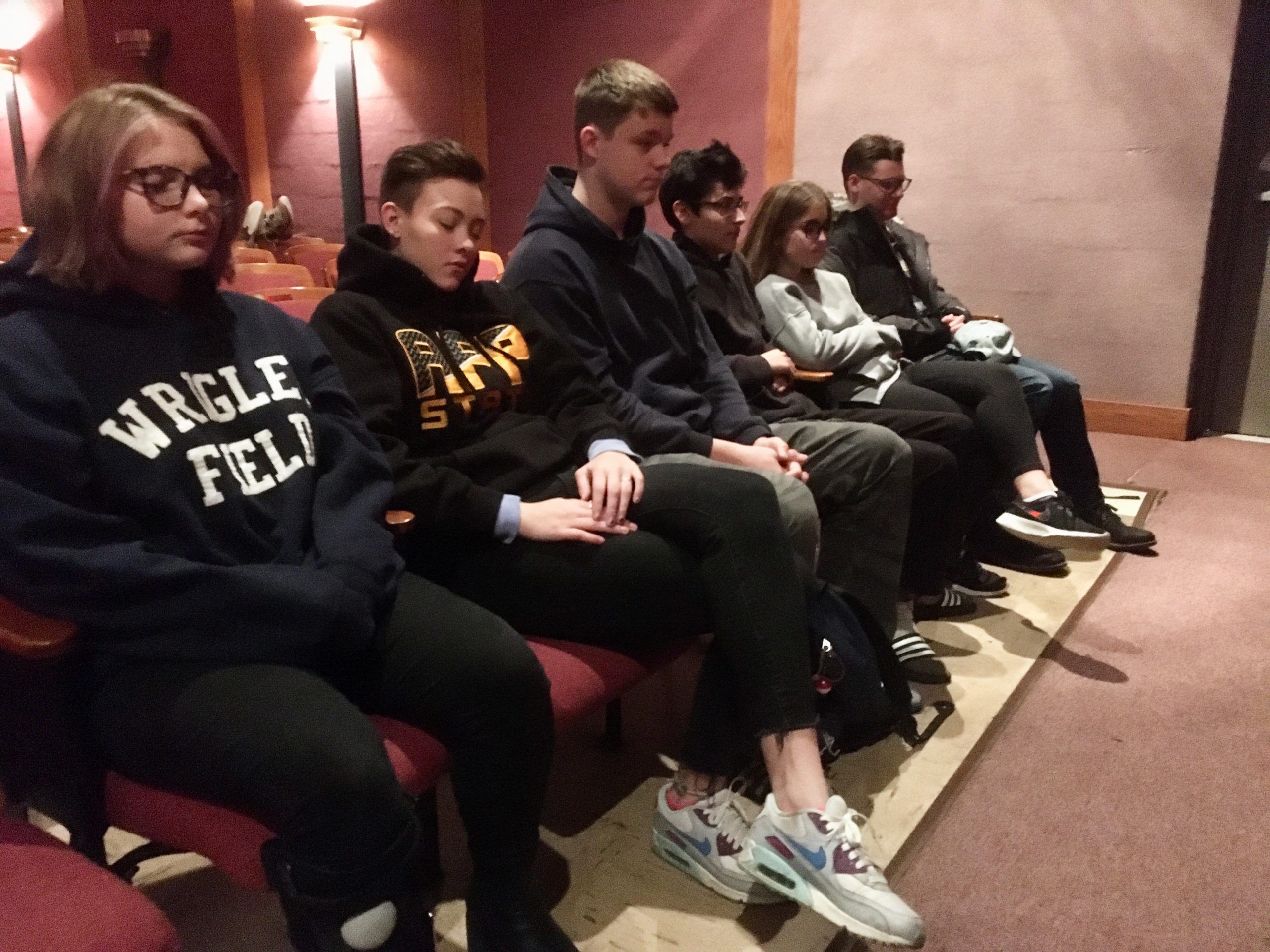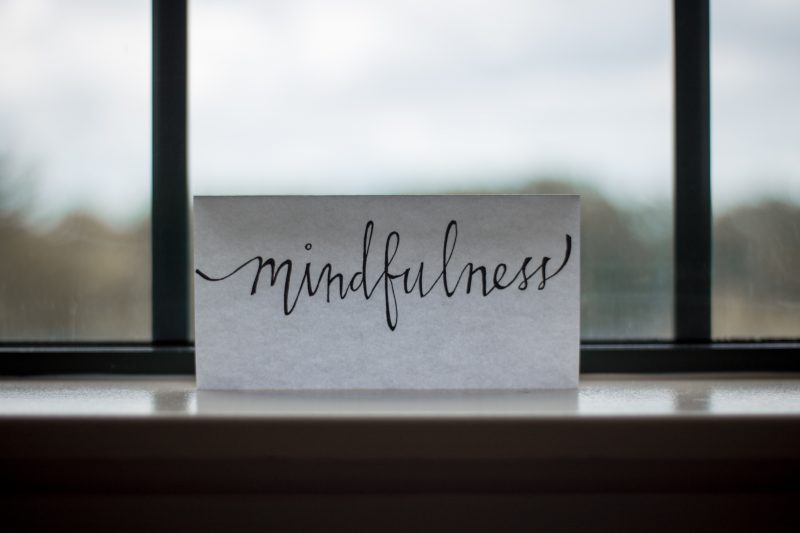
Mindfulness Benefits For Students
About a 3 minute read –
Time To Visualize
Imagine giving yourself a built-in time each day to sit still, relax, breath and to observe your thoughts, emotions, and physical bodily sensations. All the while consciously focusing your attention on the present moment – and accepting it without judgment. Your mind may drift and that’s okay because you can simply choose to bring it back to the moment. Your breathing and heart rate slow and you begin to feel less tension in your shoulders and back. You feel more relaxed. Imagine everyone around you is doing the same thing along with you. It is quiet and the whole environment feels calm.
This is what mindfulness can look like, and over time it is a process that reduces stress, worry, and anxiety and helps with emotional regulation in students and adults alike.
How To Make It Happen
Because of the positive effects of mindfulness, it is no surprise that many schools are grappling with how to effectively incorporate mindfulness into their programs.
According to the National Institute of Mental Health, nearly 1 in 3 of all high school students will experience an anxiety disorder. This represents a 20% increase over a 5 year period. There are various causes of personal anxiety, but given the prominent role of schooling in the lives of adolescents, it is important to consider school-related triggers. The increased pressures of a competitive school environment, a frightening world with a short news cycle, and the constant connection to social media all construct an increasingly difficult environment for students to navigate.
Through daily school-wide mindfulness practice, The Leelanau School is working to help its students develop the habits of mind that offset rising anxiety. In making specific programming changes to their school day and incorporating evidence-based practices into their curriculum, students are feeling greater command of their emotions throughout the day.
Student Focus And Learning Are Inhibited By Anxiety
 In mid-afternoon, all Leelanau students and faculty gather to engage in quiet mindfulness activities. This demonstrates to the school community the importance placed on personal wellness. For 10 minutes each day, the school attempts to set all worries aside. Students and staff sit in respectful silence and practice bringing the power of choice to what they elect to think about. Through this practice, they develop an awareness that each person can control their amount of worry and choose their response to anxiety throughout the day.
In mid-afternoon, all Leelanau students and faculty gather to engage in quiet mindfulness activities. This demonstrates to the school community the importance placed on personal wellness. For 10 minutes each day, the school attempts to set all worries aside. Students and staff sit in respectful silence and practice bringing the power of choice to what they elect to think about. Through this practice, they develop an awareness that each person can control their amount of worry and choose their response to anxiety throughout the day.
Chronic anxiety can interfere with students’ ability to focus and learn, causing school problems that can have lifelong impacts and can also lead to depression and substance use. This trend is a challenge for educators, as a productive learning environment is built upon the comfort and confidence students have in each other and in the culture of their school. To be successful in the classroom, students need to feel socially and emotionally safe. Only then will they be able to actively engage in the difficult task of learning new concepts and skills.
Daily Mindfulness Does A Mind and Body Good
The Cleveland Clinic states the theory behind mindfulness connects its practice to an enhanced ability to self-regulate cognitive, emotional and behavioral responses. Further, they state, specific benefits of mindfulness for teens also include reduced anxiety and improved focus and concentration, help with self-esteem and memory, reduced blood pressure and heart rate, and help in balancing the immune system.
As students encounter ever-increasing demands on their productivity and connectivity, it is vital schools also provide the executive functioning strategies that allow them to succeed. Incorporating consistent daily mental health practices into The Leelanau School curriculum is promoting positive intellectual, social and emotional learning.
Want more info on strategies for teens?
PIQUED YOUR INTEREST? You might also like our post 5 Ways We Support Metacognitive Learning

